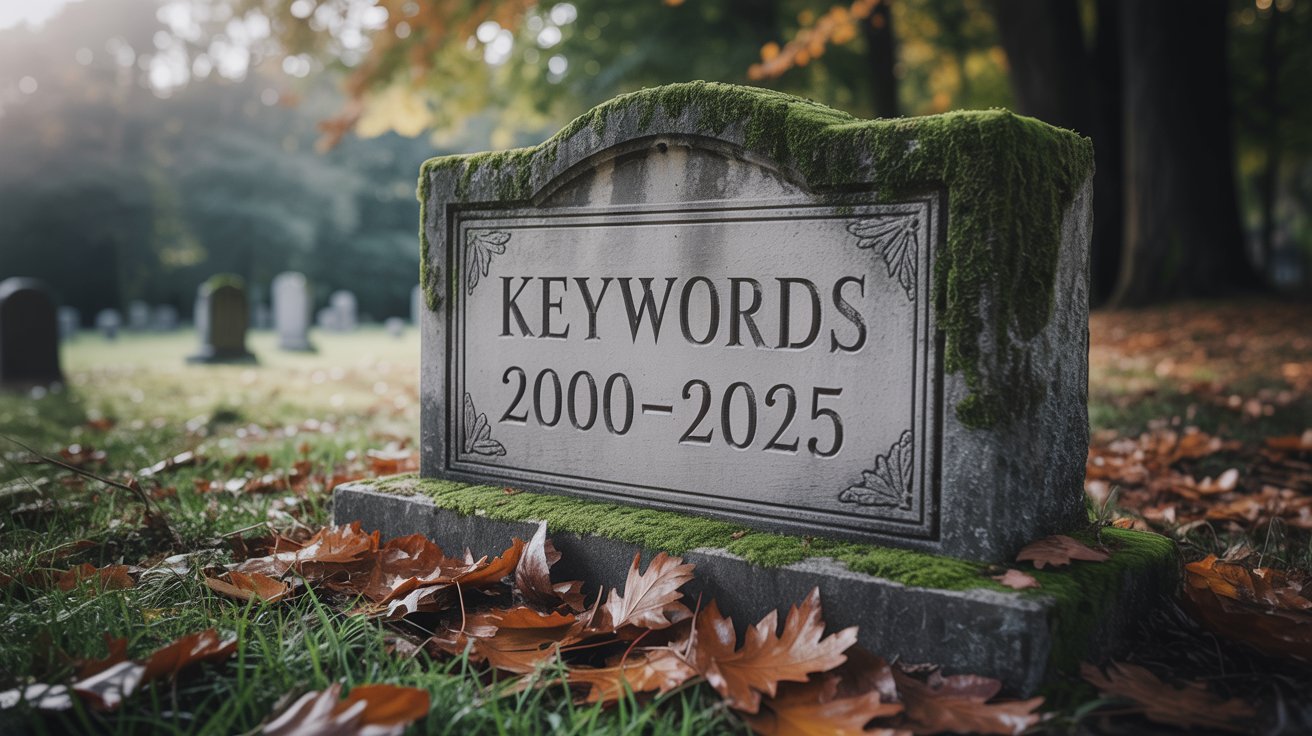content
The world of PPC isn’t what it used to be. Remember when we had full control over keywords, bids, and ad placements? Good times. Today, automation tools like Smart Bidding, Performance Max, Dynamic Search Ads, and Responsive Ads have taken the wheel. According to a 2023 Statista report, over 80% of medium and large businesses were already running automated Google Ads campaigns. In 2025, this number is even higher.
Manual campaign management has become more of a nostalgic hobby than a viable strategy. Honestly, who misses juggling 3,000+ keywords, most of which haven’t had a click since the Obama administration?
What’s Still in Our Hands? Spoiler: The Important Stuff
Despite automation’s rise, PPC specialists haven’t been reduced to bystanders — at least not yet. What we can control matters more than ever: audience, messaging, and content.
Audience segmentation has become a strategic centerpiece. We’re now dealing with first-party data, CRM integrations, and behavioral patterns. Custom segments, lookalikes, and predictive audiences are growing in value. Connecting ad accounts with CRMs enables campaigns to trigger based on actual behavior — not just keywords.
Then there’s messaging. This isn’t just about the headline or CTA — it’s the soul of your campaign. Messaging has to resonate with intent. AI doesn’t just scan text; it reads the emotional tone. If someone searches for “running shoes with no sole” (weird, but okay), your ad needs to align with that weirdly specific need.
Finally, content. A landing page is no longer the whole story. Algorithms now crawl your entire ecosystem — product descriptions, video assets, even image file names — to understand relevance. Contextual signals are what feed the AI, and the stronger the context, the better the match.
Keywords Are Dying — Here’s Why It’s Fine
Let’s be honest: relying solely on keyword match types is like insisting on using a flip phone in 2025. Google has shifted from keyword-centric targeting to intent-driven automation. Your exact match is now just a polite suggestion.
In today’s ecosystem, keywords are only one of many signals. Algorithms now evaluate dozens of factors — user history, device type, time of day, location, purchase patterns — and often override keyword logic altogether.

This means your job isn’t to “pick keywords,” but to understand intent. Why are they searching? What are they hoping to achieve? Your targeting needs to speak to their state of mind, not just their search terms.
Buyer Personas > Keywords
Here’s where many marketers get stuck: they think their site visitor is the buyer. But that’s not always true. A teenager may search for an electric scooter, but it’s their parent who clicks “Buy Now.”
Modern buyer personas aren’t just demographics. They’re behavior models that map the user journey. You need to understand not just who visits your site, but how they make decisions. Are they impulsive buyers or obsessive comparers? What triggers trust? What causes hesitation?
Building accurate personas means blending data, psychology, and common sense — with a touch of paranoia (the healthy kind).
Geo-Targeting & Personalization: Beyond Zip Codes
Geo-targeting today isn’t just about setting a campaign to “Chicago.” It’s about micro-locations and behavioral zones. AI can now identify patterns like “frequent visitor to electronics stores” or “commuter passing through retail districts,” and use that insight to deliver hyper-relevant ads.
Target audience segmentation: how to speak the language of the client
Personalization is no longer optional. It’s how you stay visible. Whether through dynamic content, personalized videos, or tailored product recommendations, the more contextual your message, the better your performance.
And remember: even if the user is anonymous, their behavior isn’t. AI tracks scroll depth, time on site, and mouse movement. Creepy? A little. Effective? Extremely.
So… Are We Doomed Without Keywords?
No. But we are evolving.
As keywords become less important, your value as a PPC marketer lies in your ability to understand and segment audiences, craft emotionally intelligent messaging, and deploy adaptable content strategies.

Future-proof PPC isn’t about memorizing match types. It’s about being strategic with tools, data, and — yes — empathy.
Final Thoughts: Adapt or Get Automated Out
If one day Google decides to retire keywords entirely, it won’t be the end — unless you’re clinging to outdated playbooks. Smart PPC pros aren’t mourning the loss of control; they’re adapting and expanding their influence where it matters most.
Instead of asking, “What keyword should I bid on?” — ask, “What does my customer need right now, and how can I show up for them in that moment?”
In 2025 and beyond, winning at PPC means treating campaigns less like spreadsheets and more like living ecosystems. Keep testing, keep learning, and above all — never rely on just one strategy. Even AI doesn’t bet everything on one horse.
Subscribe to our newsletter



